The first Free University was held in 1990 with preparations for the 33rd Tusvanyos Festival under way. Since then it has been the forum where world events could always be discussed freely and informally. Different opinions can be voiced, views can be exchanged and now there are a thousand invited speakers. The motto of this year's camp is "On a better track". What does this mean?
I think what you said at the beginning is an extremely great virtue of Tusvanyos: at this camp, cooperation and not confrontation is the dominant political style. It is a very significant part of our ars poetics to have dialogue and to ask questions. Today, in particular, we need to ask questions about our current situation, what our goals are in this current situation, and how we can achieve them. It is therefore also very important that
opposition politicians are present at Tusvanyos, Romanians are present, people from neighboring nations, guests from Central Europe are present, and international public opinion is also present, not only through journalists, but also through a great many political analysts, experts and speakers. The camp now has dozens of international presenters.
And let's not forget that three of the founders of the camp from our side were a young doctor friend of mine and a BBC journalist, David Campanale, who will be speaking on the opening panel and who has recently become known as a Christian politician.
With regard to the motto, I would like to emphasise the importance of courageous ideas, as we have seen in recent years. But bold ideas will only be successful if they are coupled with sufficient political strength. It is not only the software that matters, but also the hardware. What is important is how we can put our ideas, our objectives into practice, get on the right track, get on a better track.
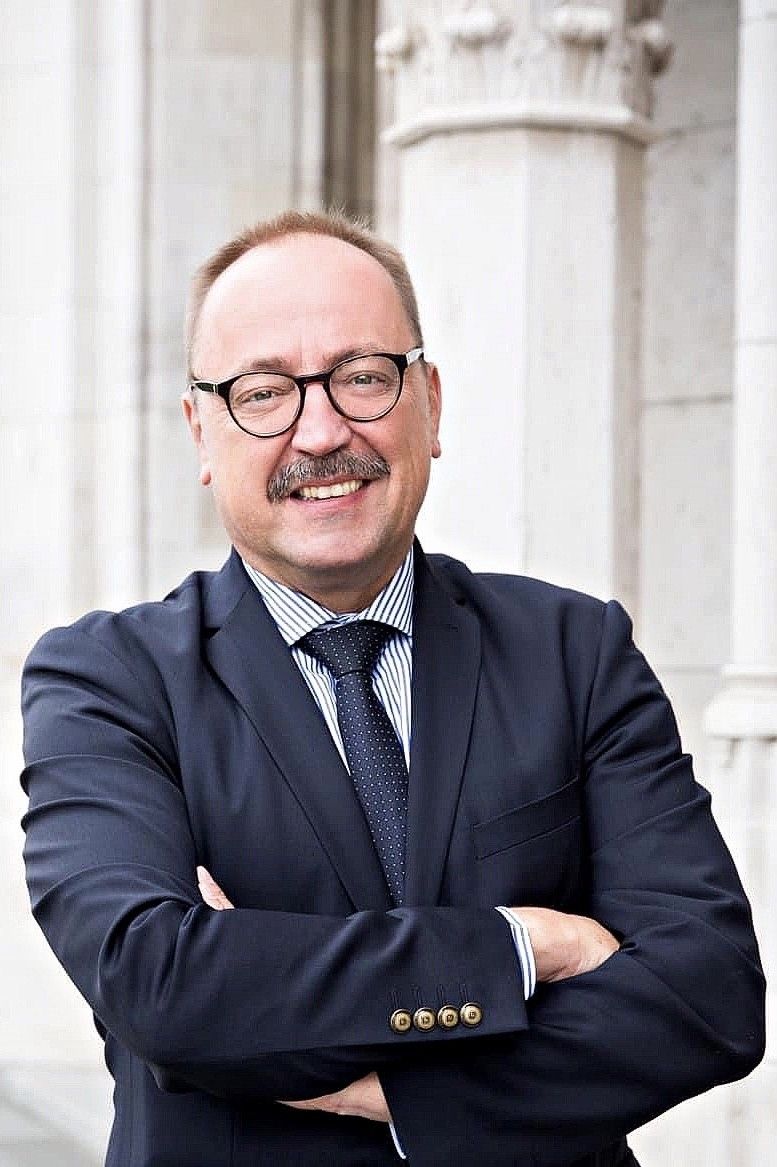
We don't know whether Patriots for Europe will live up to our expectations, but we are confident it will, and that the ambitions we have represented alone in recent years - often in a ratio of 26 to one - will no longer have to be carried alone. We are confident that by taking seriously the notion of 'can't do it alone', this construction can be significant in the preservation of our values and that this cooperation will spur a planning for the future. Want of future is what the present war situtation is all about, and in this planning for the future where Europe's place will be is crucial. We consider it important that Europe is ours. Let's occupy Europe, let us take Europe back. But NATO is also important to us, as is the West and the US, just as our region is important to us, along with what this region will look like in the future, and what kind of future we will be able to outline for the Hungarian communities abroad.
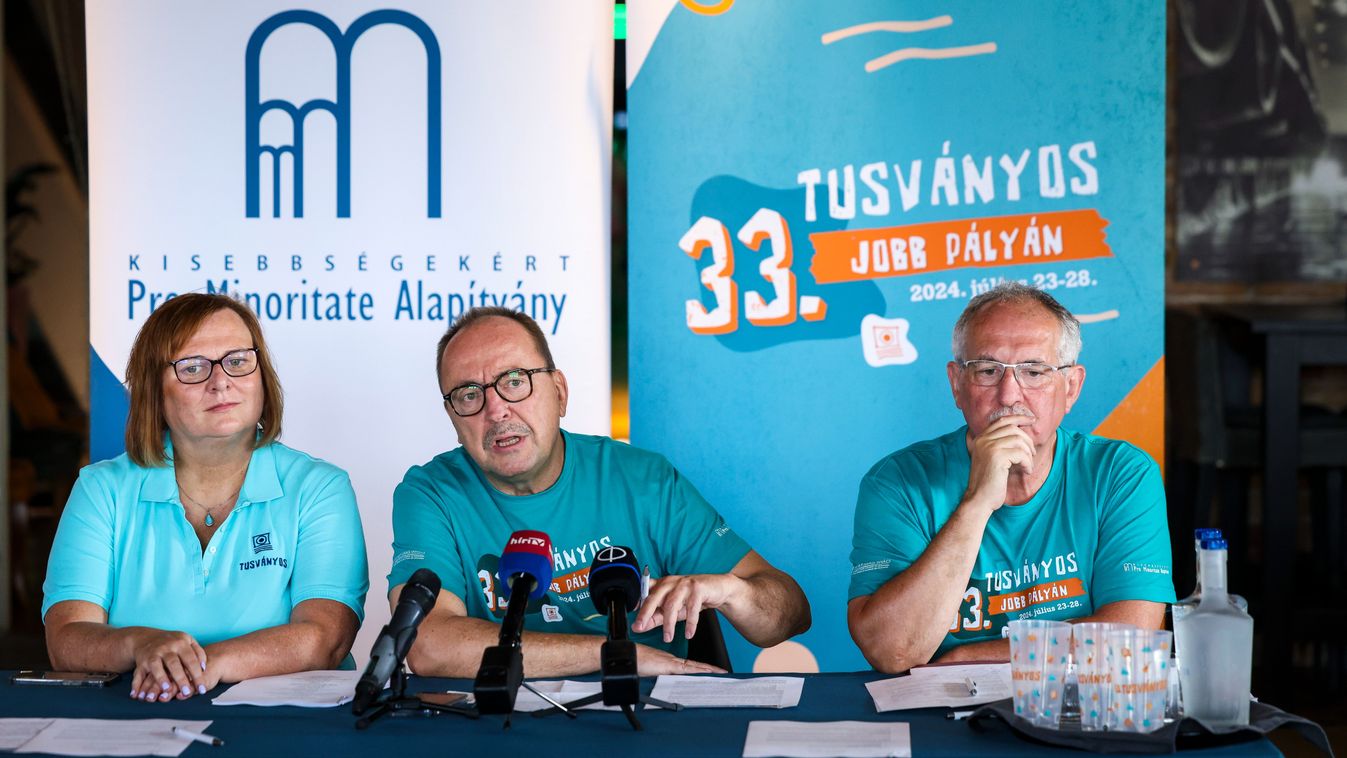
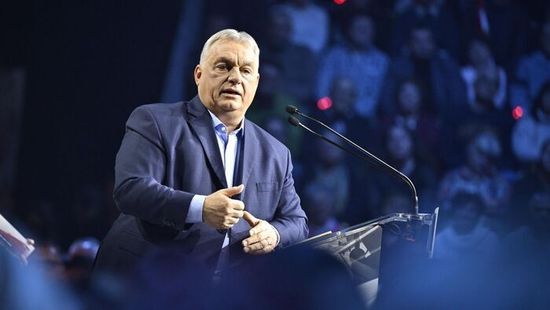
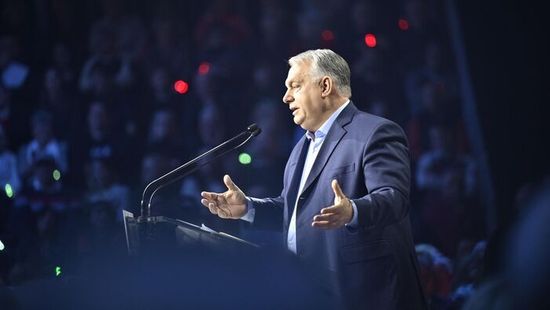
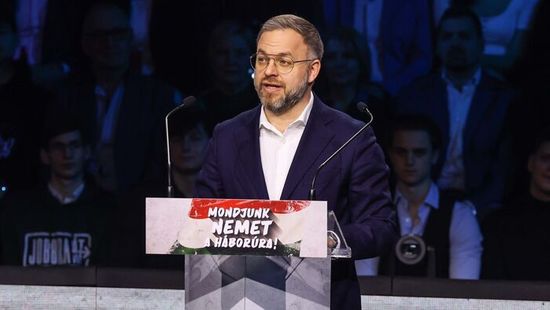
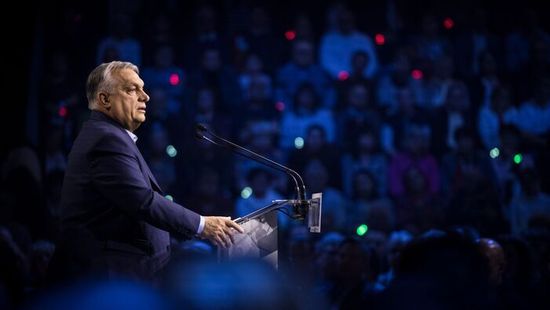

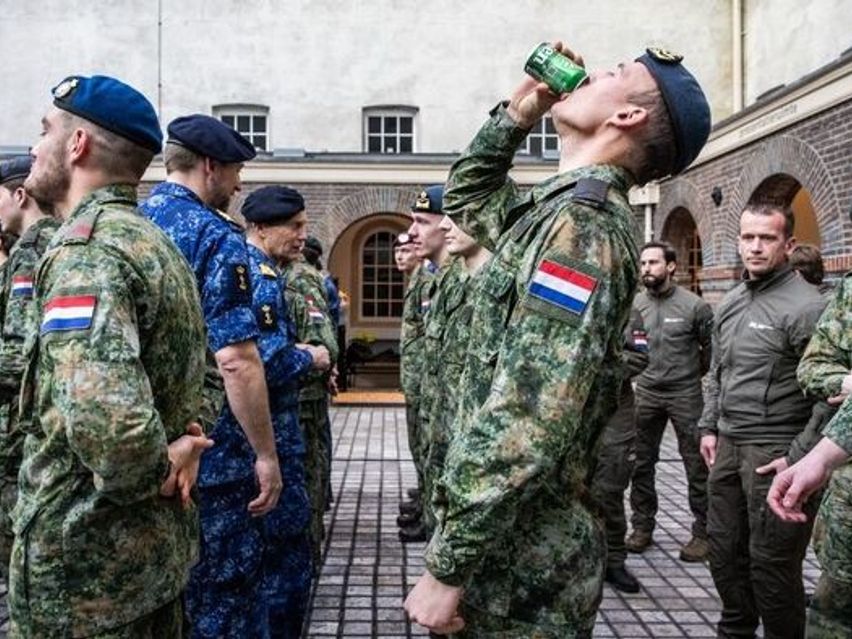
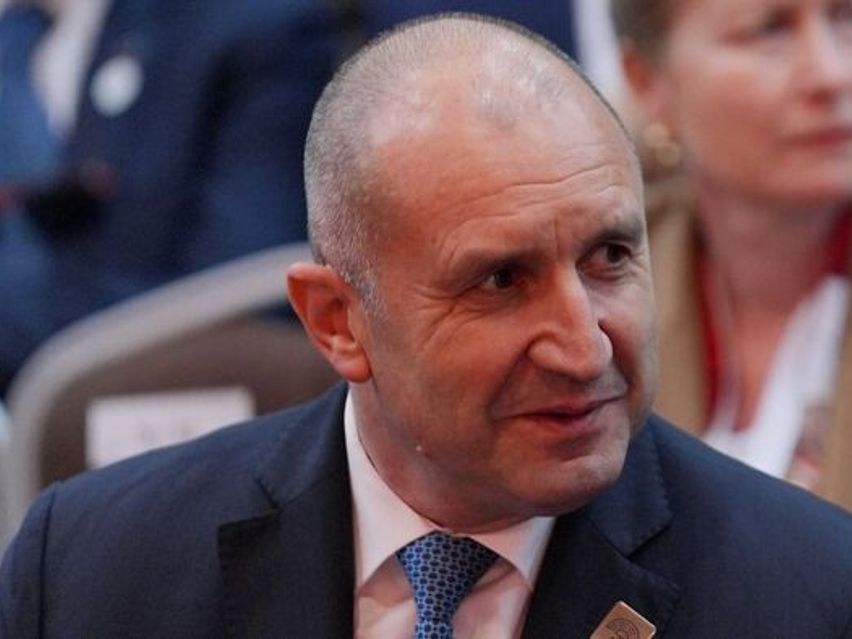
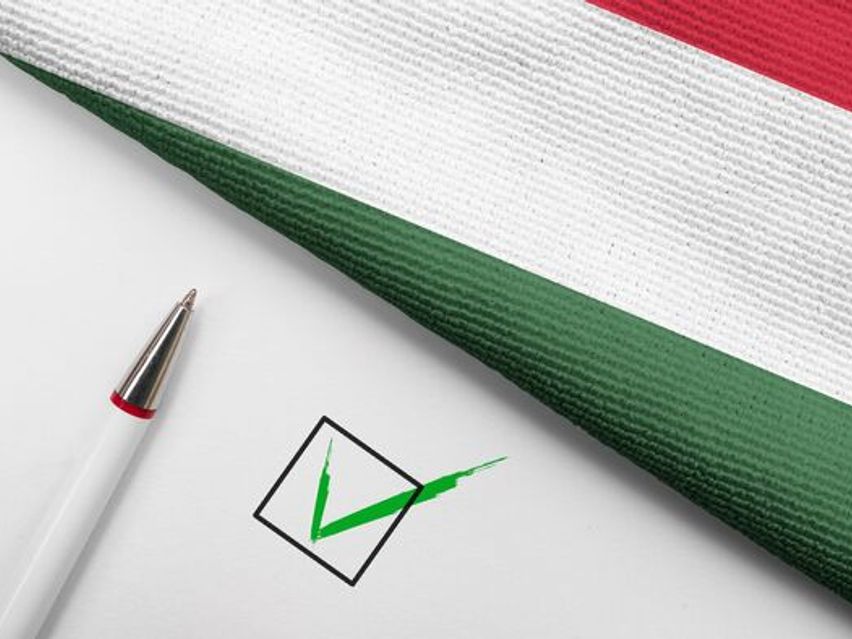
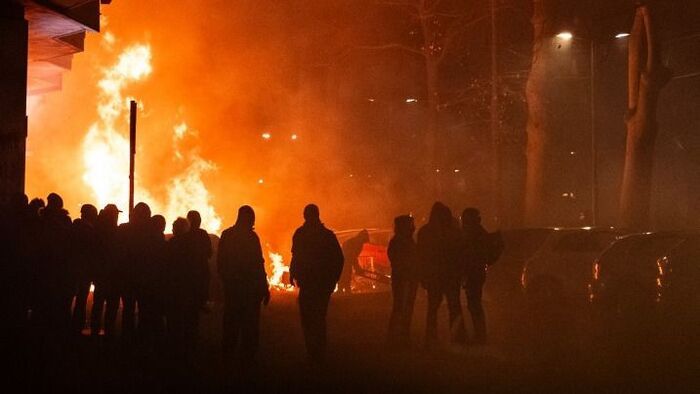

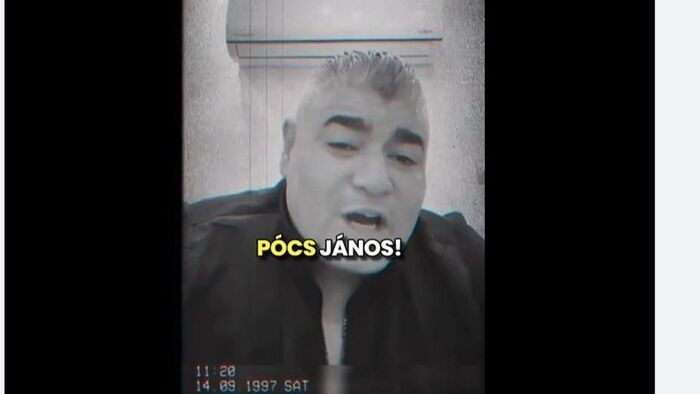
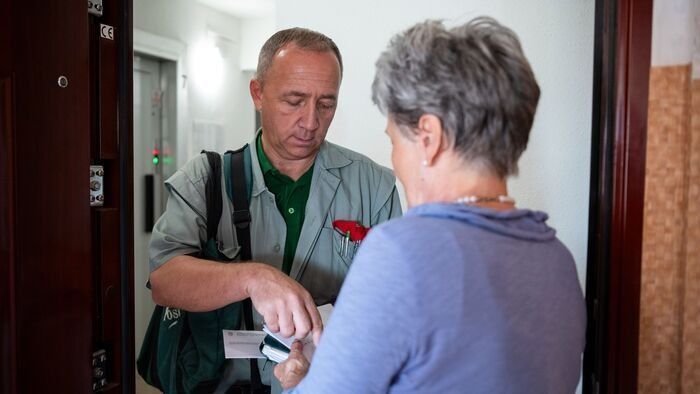
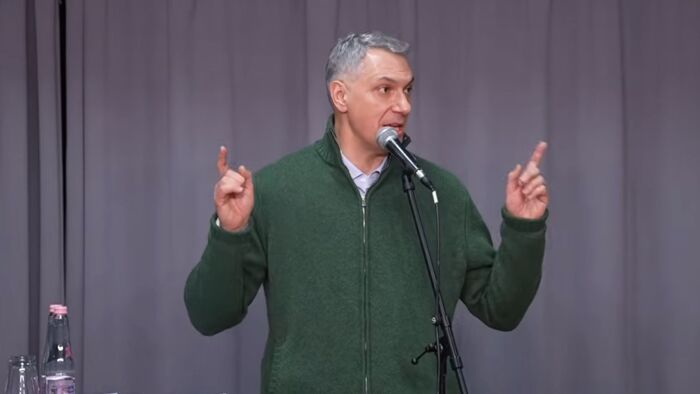
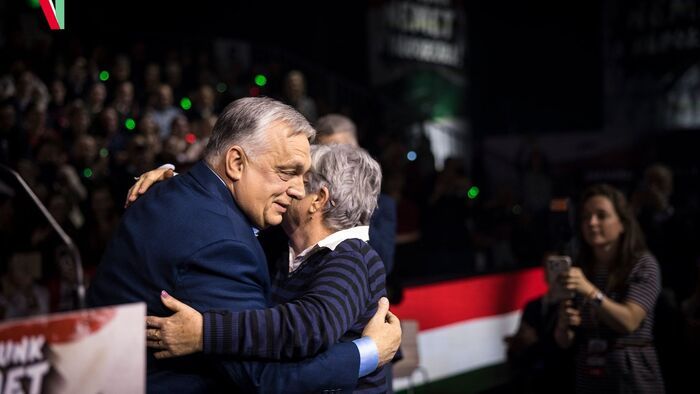
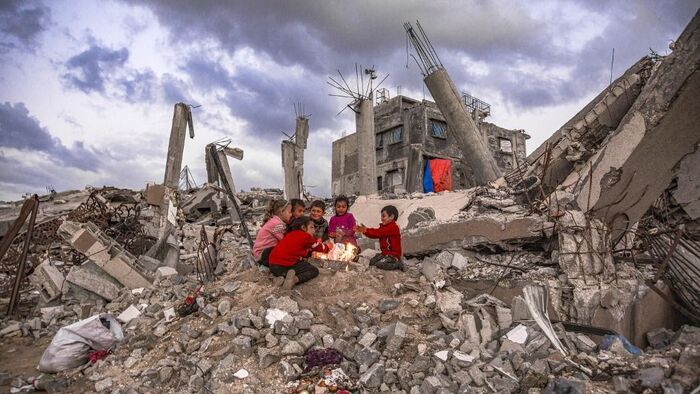
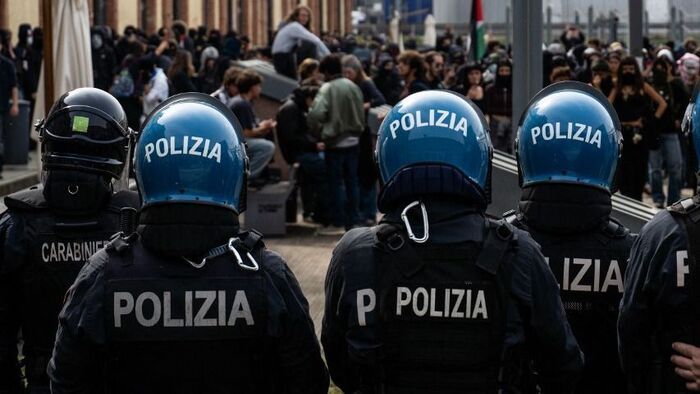
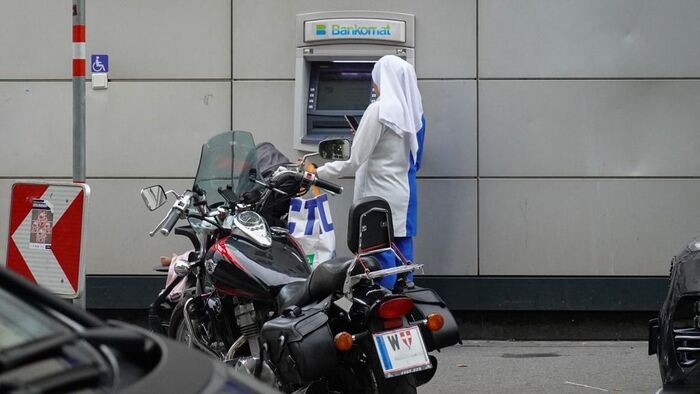



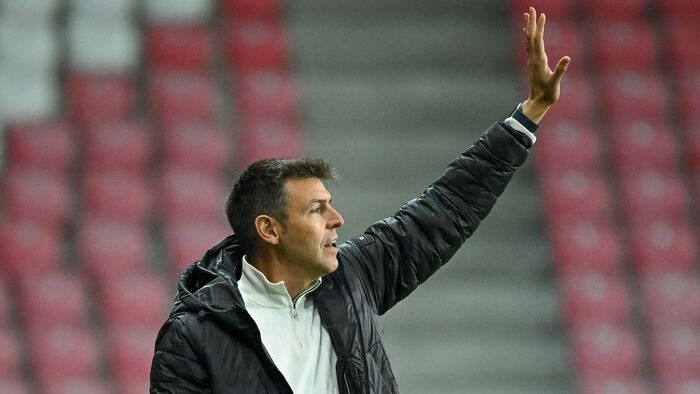

Szóljon hozzá!
Jelenleg csak a hozzászólások egy kis részét látja. Hozzászóláshoz és a további kommentek megtekintéséhez lépjen be, vagy regisztráljon!